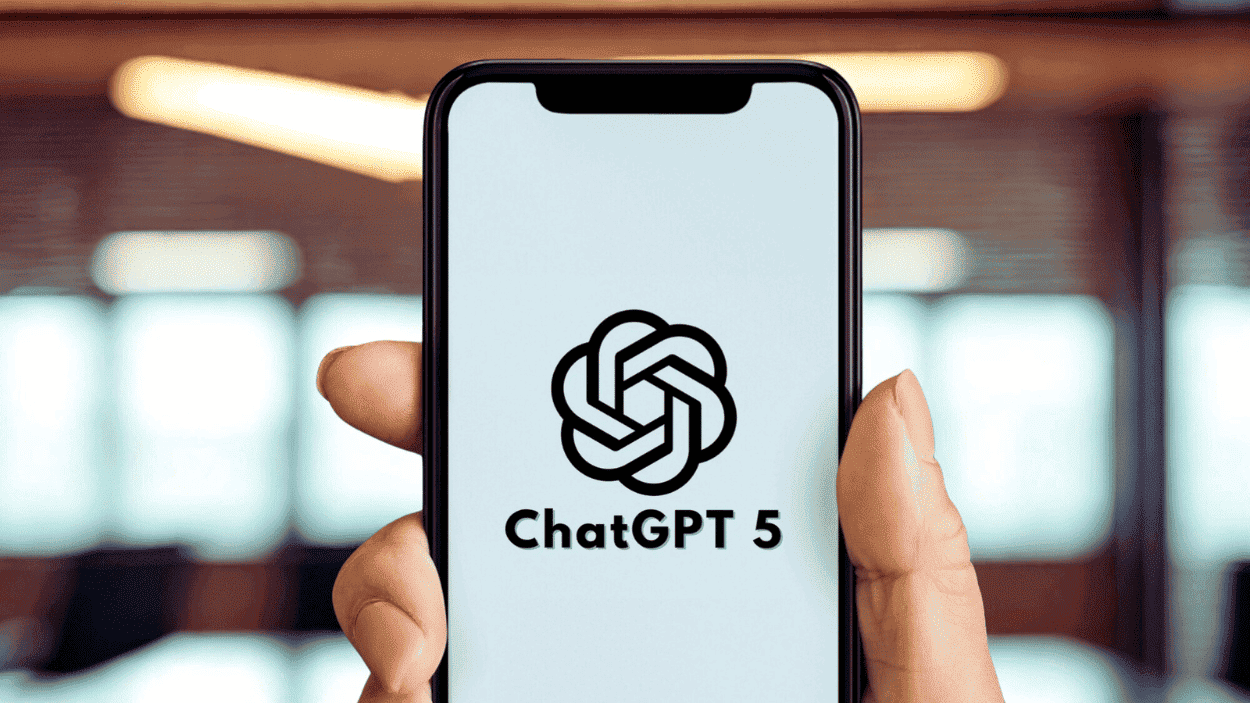A Worldwide Shutdown: ChatGPT Suddenly Goes Offline
A widespread global outage has disrupted ChatGPT services, leaving millions of users unable to access the AI-powered chatbot. Reports describe persistent error messages across various platforms, from the web interface to API-dependent apps, sparking frustration among casual users, educators, and developers who rely on the service daily.
When “Please Try Again Later” Became the Default
Responding to the outage, ChatGPT users faced recurring prompts like “Something went wrong. Please try again later.” Attempts to reload or switch accounts failed, even during off-peak hours. This marked one of the first widespread ChatGPT disruptions caused by internal failures.
In response, OpenAI issued a brief acknowledgment:
“We’re aware of issues affecting ChatGPT access, and our engineers are actively investigating to restore service as quickly as possible.”
No specific cause or expected timeline has been shared publicly yet.
Global Reports: From Students to Developers, No One Was Spared
Tech news sources, student communities, and developers worldwide echoed concerns:
- Students were mid-exam or during critical brainstorming sessions when ChatGPT went dark.
- Artists using text-to-image and writer’s tools were unable to complete their workdays.
- Bots and automated agents controlled by developers also crashed due to no API response.
This sweeping failure reveals just how integrated ChatGPT has become across industries, when it goes down, entire workflows stall.
What Could Have Gone Wrong?
- Backend Server Failures: Sudden service shutdowns often trace back to overloaded or malfunctioning servers.
- API Disruptions: Many services rely on ChatGPT via APIs. A backend misconfiguration can instantly disable thousands of dependent apps.
- Security or Rate-Limit Triggers: Although speculative, coordinated traffic or suspicious activity can trigger emergency shutdowns.
With ChatGPT recovering service gradually across regions, no one is certain whether the fix is partial or complete.
How Users Can Cope During Outages
While the system is down, users are encouraged to:
- Attempt to reload the interface after 10–15 minutes.
- Explore alternative AI tools, such as open-source options or legacy models.
- Save overall workflows and switch to manual drafting or planning until services return.
Developers specifically using the ChatGPT API should build resilient fallback methods or rate-limit checks into applications for smoother operation during outages.
The Broader Impact on AI Dependence
This outage is a reminder of how rapidly dependency on AI tools like ChatGPT is rising, and the underlying fragility of even elite infrastructure.
Businesses and creators are reassessing operational risk. Preparing alternative strategies or backup tools becomes essential until consistent uptime is guaranteed. OpenAI is expected to release a post-mortem report to detail the cause and response procedure thoroughly.
Summary Table
| Factor | Insights |
|---|---|
| Outage Scope | Global impact across platforms and APIs |
| Error Messages | “Please try again later” repeated after reloads |
| User Impact | Education, content creation, development workflows all stalled |
| Recovery Status | Partial service returning with ongoing backend fixes |
| Key Concern | Need for redundancy and fallback strategies |
Stay connected with TrendScoop360 for more updates on this story and other trending news across the United States and the world.

